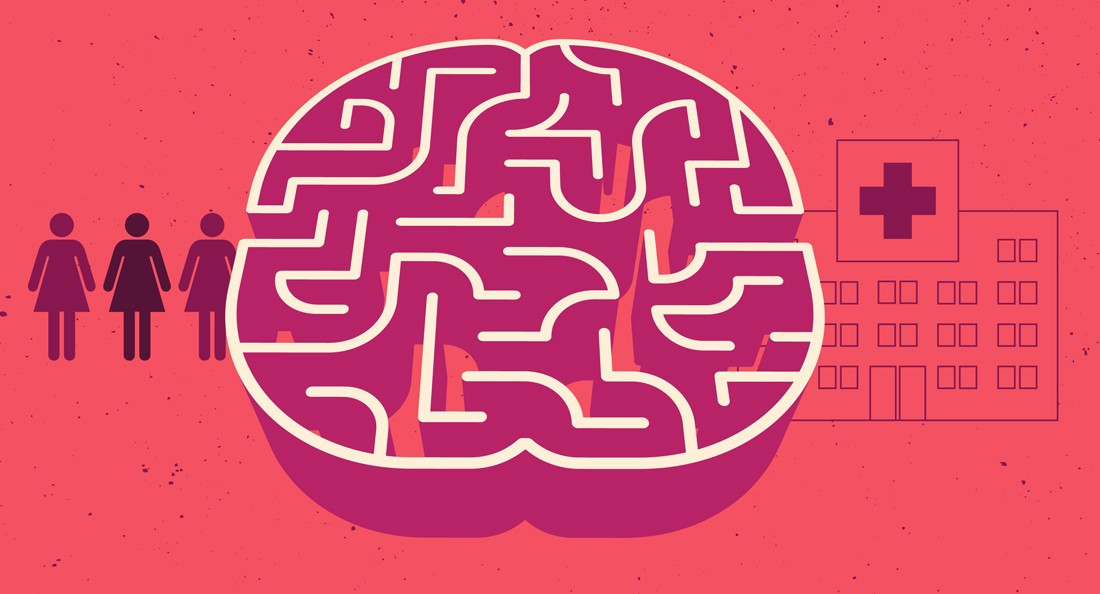People of Colour face depression, too
Understanding how mental health and race intersect
There is a stigma that People of Colour (POC) do not experience mental illness, according to NPR. At the same time, they are more vulnerable to the traumatic experience of racism.
Even though mental health resources, such as suicide hotlines, free counselling services and online chat rooms are increasingly accessible, there can still be a lack of understanding when it comes to the race, ethnicity or sexual orientation of a person dealing with mental illness.
Jeus Raflores, who identifies as queer and is an immigrant, says she has had a hard time trying to find a therapist that is able to fully understand her experience.
“I do think that therapists who are not immigrants or LGBT will have to work harder to understand the plight of immigrant LGBTs,” she says.
“Being an immigrant is hard enough. Being a coloured LGBT female immigrant is way harder.”
One local anonymous individual who identifies as a white-passing Métis woman discusses how her racial identity has intersected with her experience with health care.
“I’ve had a lot of negative experiences and traumatic experiences trying to navigate the mental health system,” she says. “At times, my white privilege has been highlighted, and I have seen how I benefit from it, but time and time again, my history of sexual violence and my Indigeneity has been denied or ignored.”
Dr. Monnica Williams of Psychology Today writes that therapists are often unaware of the race-based trauma that People of Colour and queer People of Colour (QPOC) may go through, and may recreate the trauma through racial microaggressions, such as claiming colour blindness.
According to Dr. Natasha Browne, a psychologist based in Toronto who often works with Caribbean clients, mental health is difficult to discuss. On top of that, it’s quite hidden within the Black community, she says to the Huffington Post Canada.
Tamika Krush, a local mental health activist, says that finding the right counsellor or therapist can be difficult.
“It can be hard finding the motivation and deciding when is the right time to take that plunge and figure out your mental health, but it is a journey that everyone has their own timeline for – especially for POC and QPOC, since there is so much stacked against these two groups of
people,” Krush says.
In Winnipeg, Klinic offers free therapy sessions available across the city. However, there is a long wait list.
Another option is online podcasts by POC therapists such as “A Different Perspective” by Dr. Amber Thornton, “Therapy for Black Girls” by Dr. Joy Harden Bradford and “Affirm” by licensed therapist Davia Roberts.
These podcasts talk about the health and wellness of People of Colour who go through depression, anxiety and self-esteem issues, as well as how these coincide with race and gender.
“As a Black woman, I have held on to a lot of the negative experiences I’ve endured as a Woman of Colour (WOC),” Paulette Isaacs, an advocate for WOC dealing with mental health issues, says.
“Now I’m in a mindset of healing myself through how I speak of myself, my community and my culture. Your healing starts with your mind and then your language.”
Published in Volume 72, Number 14 of The Uniter (January 18, 2018)






